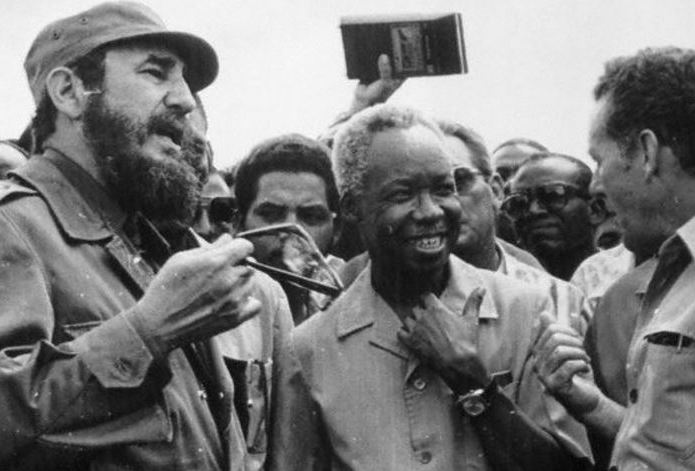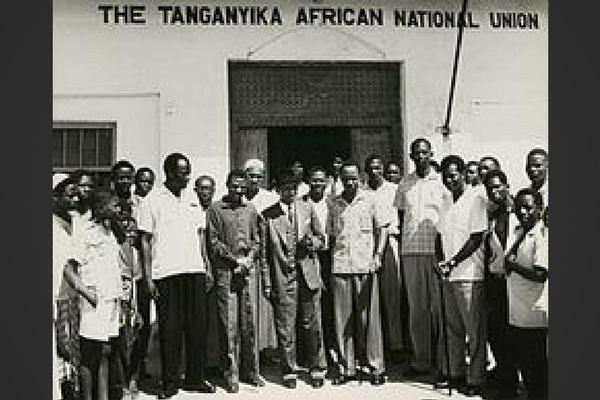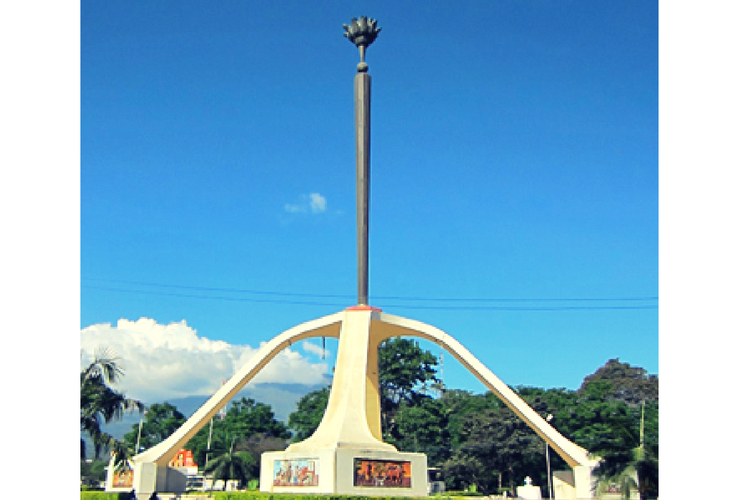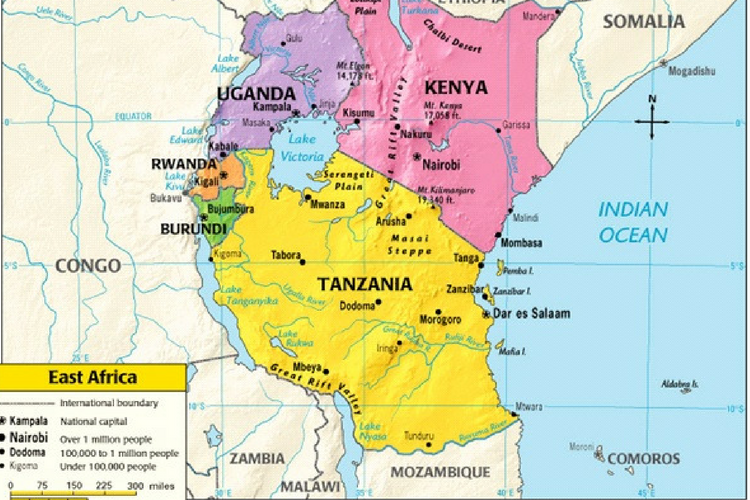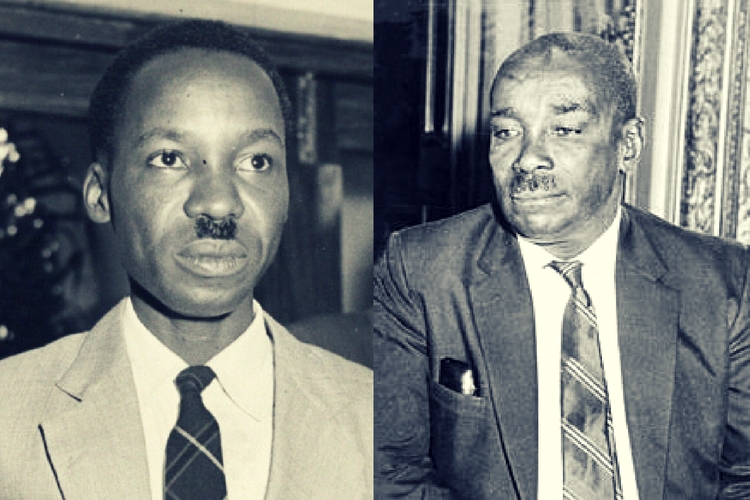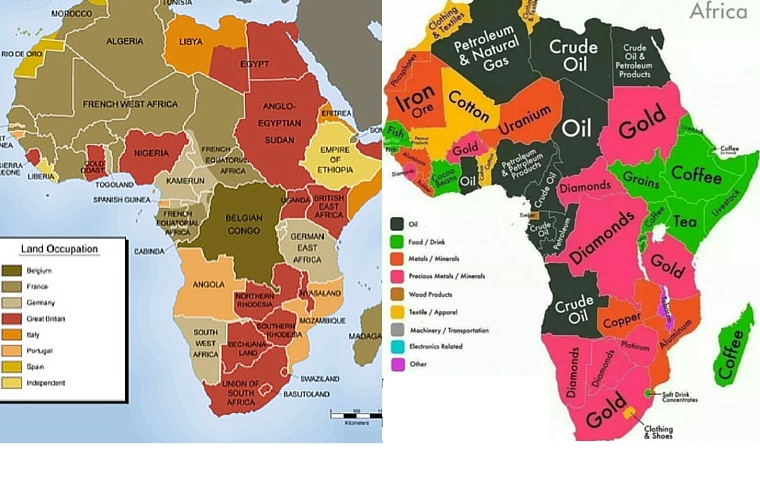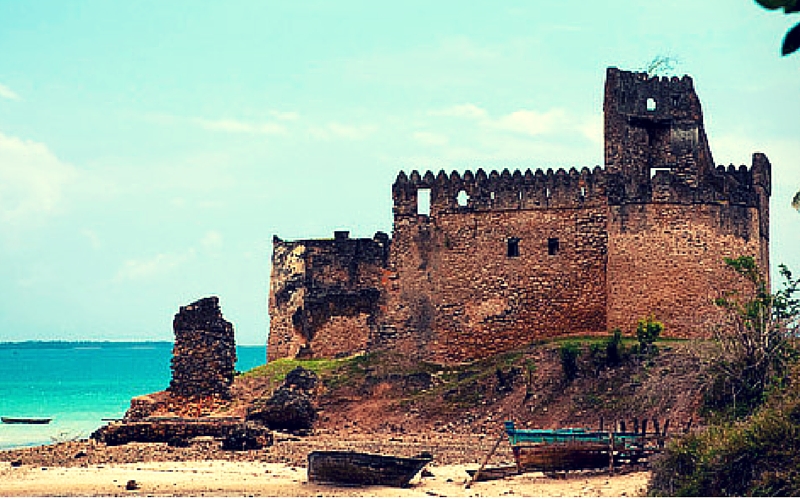Tanzania
-
Ujamaa in Tanzania (1971- 1990s)
In 1971, President Nyerere issued Mwongozo (new leadership guidelines) that refocused the party and the… Read More
-
Tanganyika in the 1930s: The Economy & African Resistance
During the 1930s, Tanganyika also felt the effects of the Great Depression. The prices of… Read More
-
The Arusha Declaration in Tanzania (1967)
Between 1960 and 1968, Tanzania’s economic growth rate averaged about four percent, however, the majority… Read More
-
African Innovation: Black Owned MOOVN to Conquer Ridesharing
Most ridesharing users are familiar with Uber and Lyft but there is a new ridesharing… Read More
-
Economic Cooperation in East Africa After Independence (1961-1983)
Economic cooperation between countries in East Africa began with a customs union between Kenya and… Read More
-
From Tanganyika to Tanzania
A Brief History of How Tanganyika and Zanzibar became Tanzania In 1964, Tanganyika and Zanzibar… Read More
-
The Maji Maji Revolt in Tanzania 1905-1907
The Maji Maji revolt occurred between 1905 and 1907 in German East Africa which is… Read More
-
Don’t Give Africa Aid. Just Pay Back What You Stole! The Role of Barclays Bank in African Poverty
Next time you hear western countries especially England, France, Belgium and Portugal discuss how much… Read More
-
Early History of the Swahili in Kilwa and Zanzibar
Swahili can be used to describe a language and a tribe of people. The title… Read More
-
Most Read
Author Details

Bebisha Wagle
Members of Kanta Dab Dab, a band specialising in fusion of local Nepali and Western music elements, talk about their…
Advertisement


